It has become an instinct to many students and faculty at AFS to address one another using the title of Friends. But often in our everyday lives, we do not get much time to ponder why we have fallen into this pattern.
Addressing each other as a friend is one of a conglomerate of factors that contributes to AFS’s warm atmosphere that fosters care about each human and their experiences. This could not better reinforce one of the most basic principles of Quakerism, that we each hold a light with ourselves. In practice, this demonstrates that we are all precious, bringing great value or light into our community and are all equally important to our school community.
As a community rooted in Quakerism and one that seeks educational growth, we find ourselves often in search of the truth. The truth is not just something that is known to be factually accurate, like ideas, facts, and recounts of stories and events, but the truth also exists within us.
The truth that exists within us is that of our personal experiences which exists in reality, and not only the reality of higher powers. Although our truth does not fully lie within our hands, it is something we can partially control. We seek to find the truth we want to see within us and within the world by speaking out against injustice and advocating for ourselves too.
We call ourselves friends because we as a Quaker school seek the truth, reckon with it, and hold ourselves accountable to the highest moral code to insure the equality of all. We do this with simplicity, humility, and the understanding that we all possess great knowledge and our unique insights must be shared and not used to make others feel inferior.
We get to the word friend from what Quakers are called,“The Society of Friends.” which is a shortened version of their previous name “The Society of Friends of Truth.” Truth and integrity are some of the principles which guide Quakerism and the framework of Quaker education.
So yes, it’s true we call each other friends because we are a Quaker school where addressing one another as friends has become the status quo, which is true for many Quaker schools. Quakers call themselves friends, which is where we ultimately get this address from.
How will you seek the truth in your light? How will integrity help you create a world better for us all to live in?
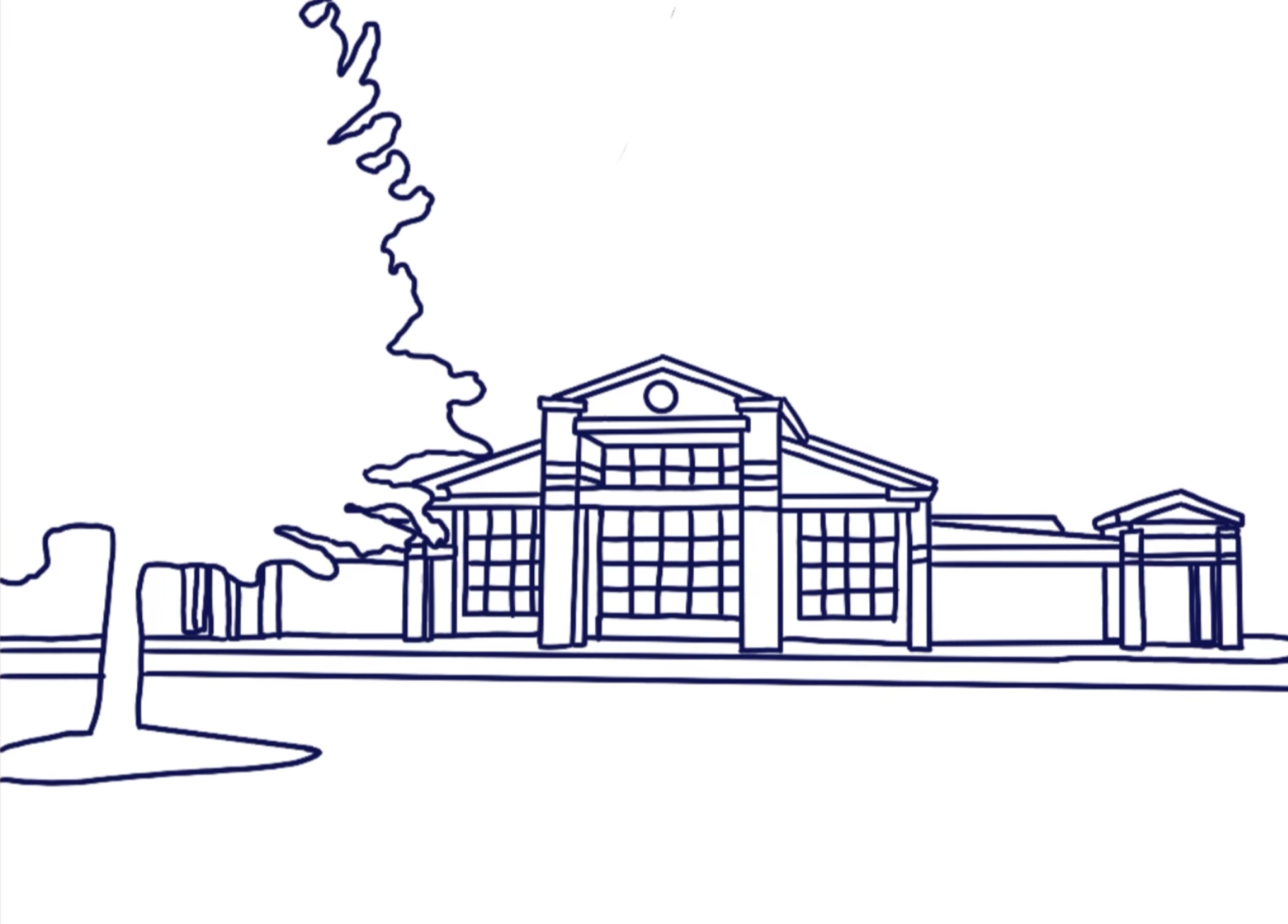
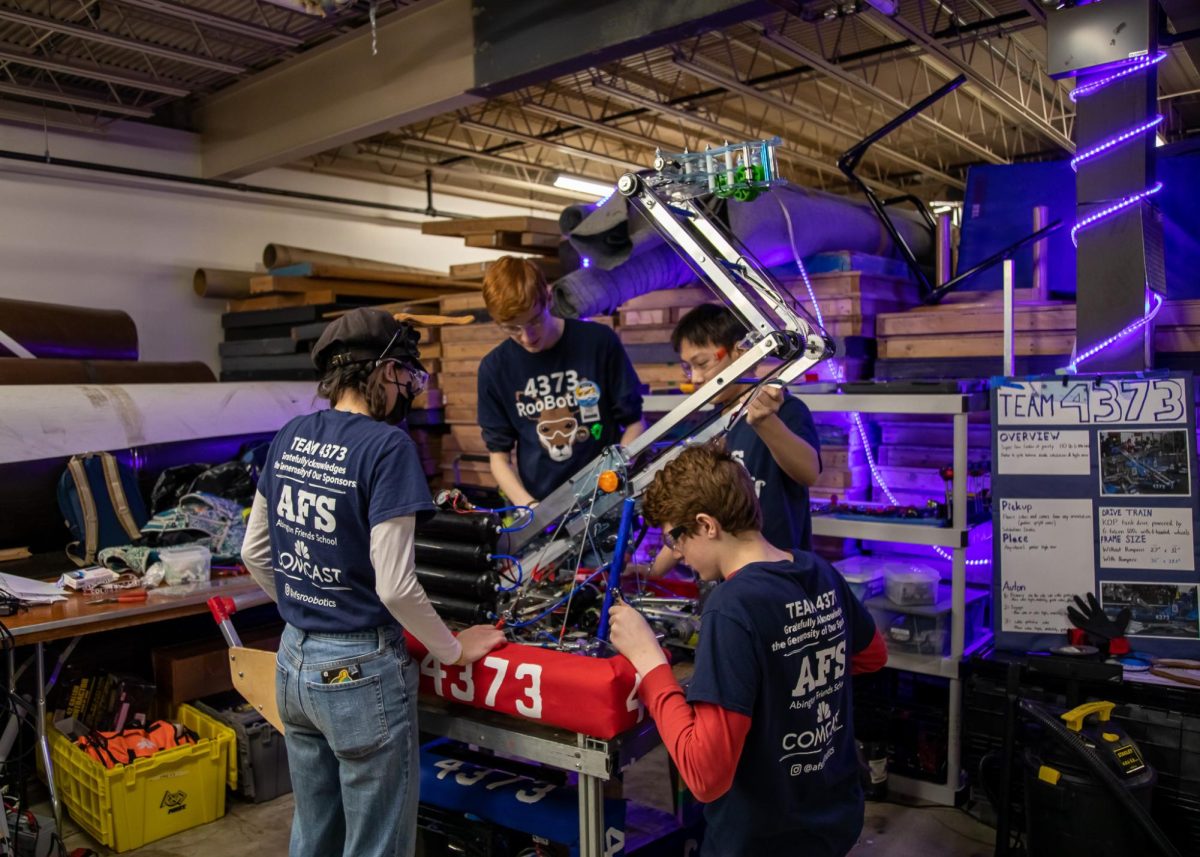
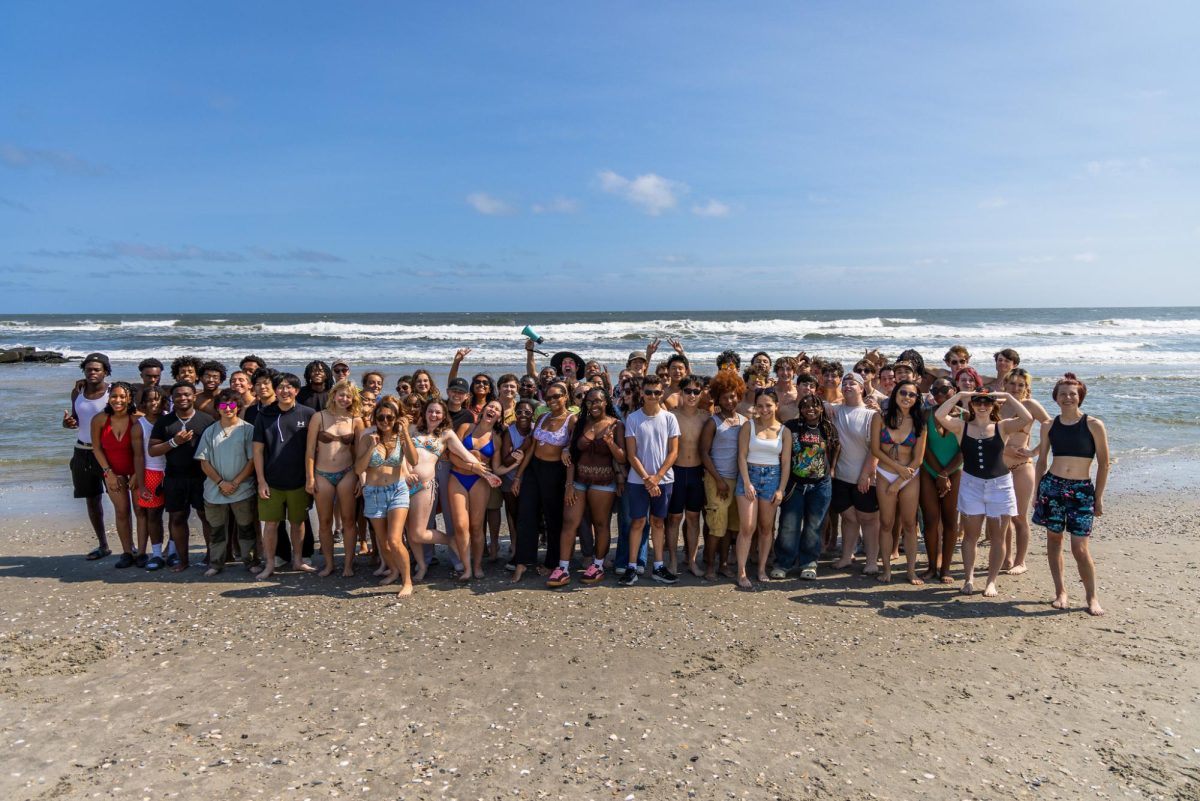
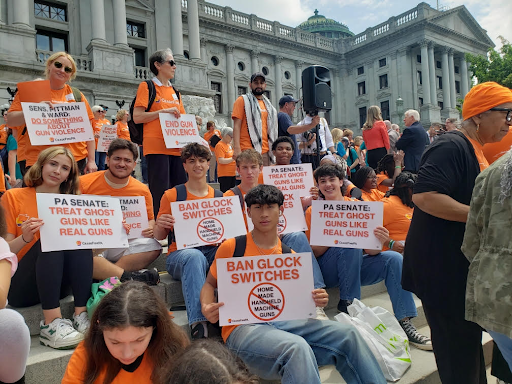
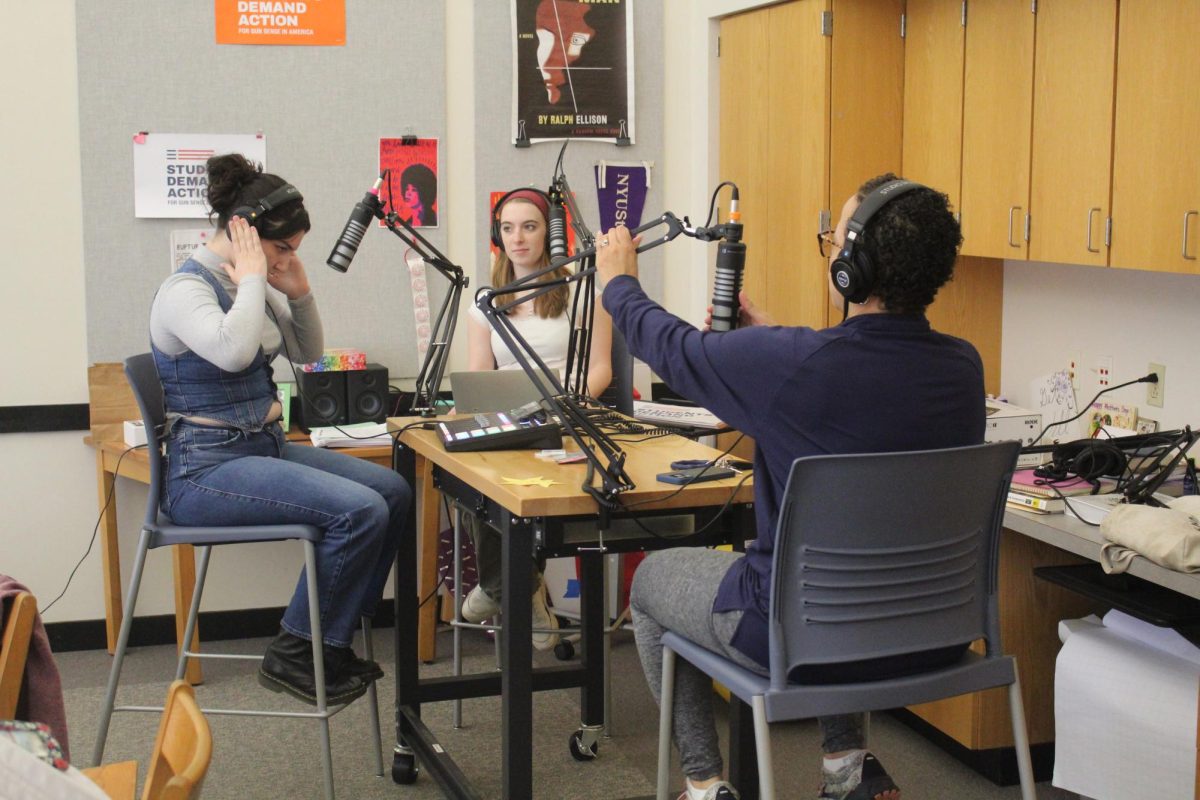
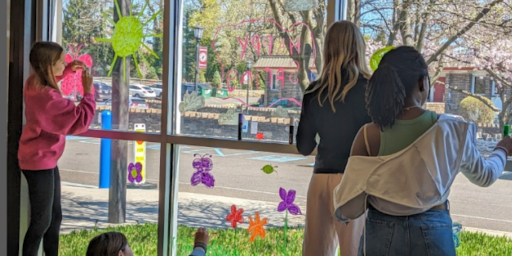
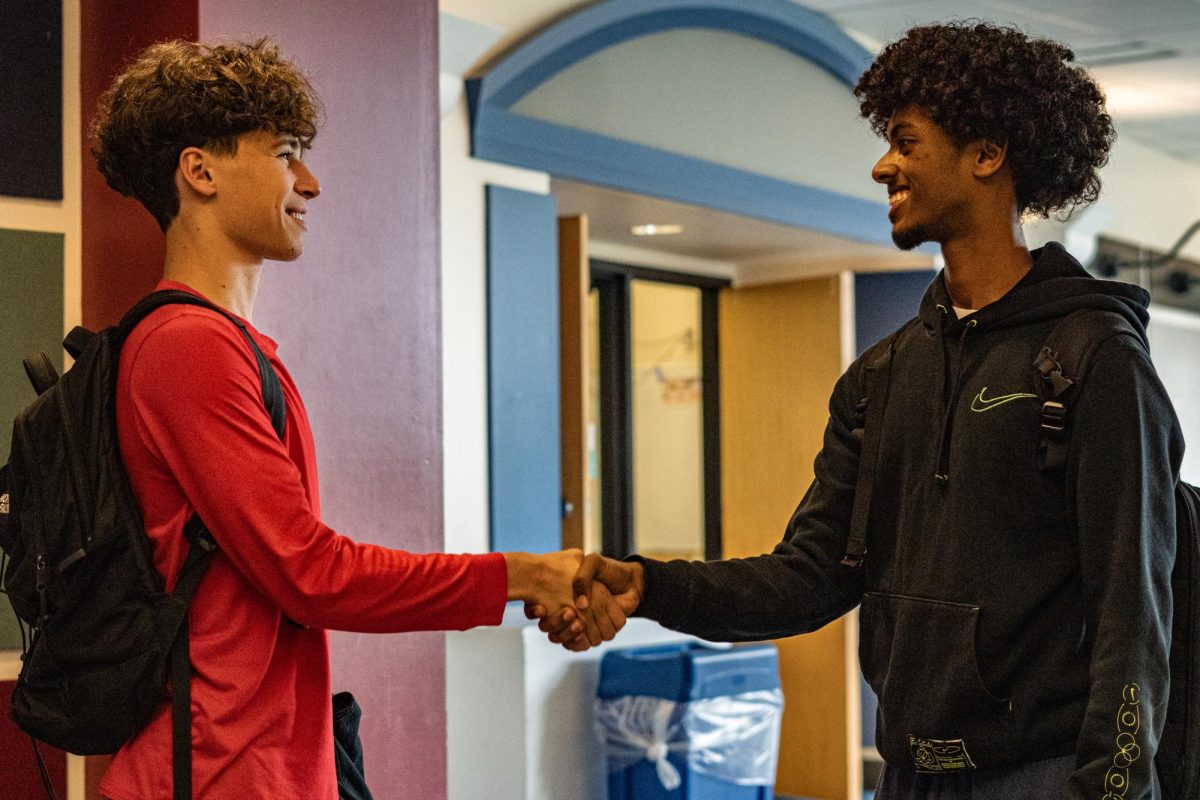
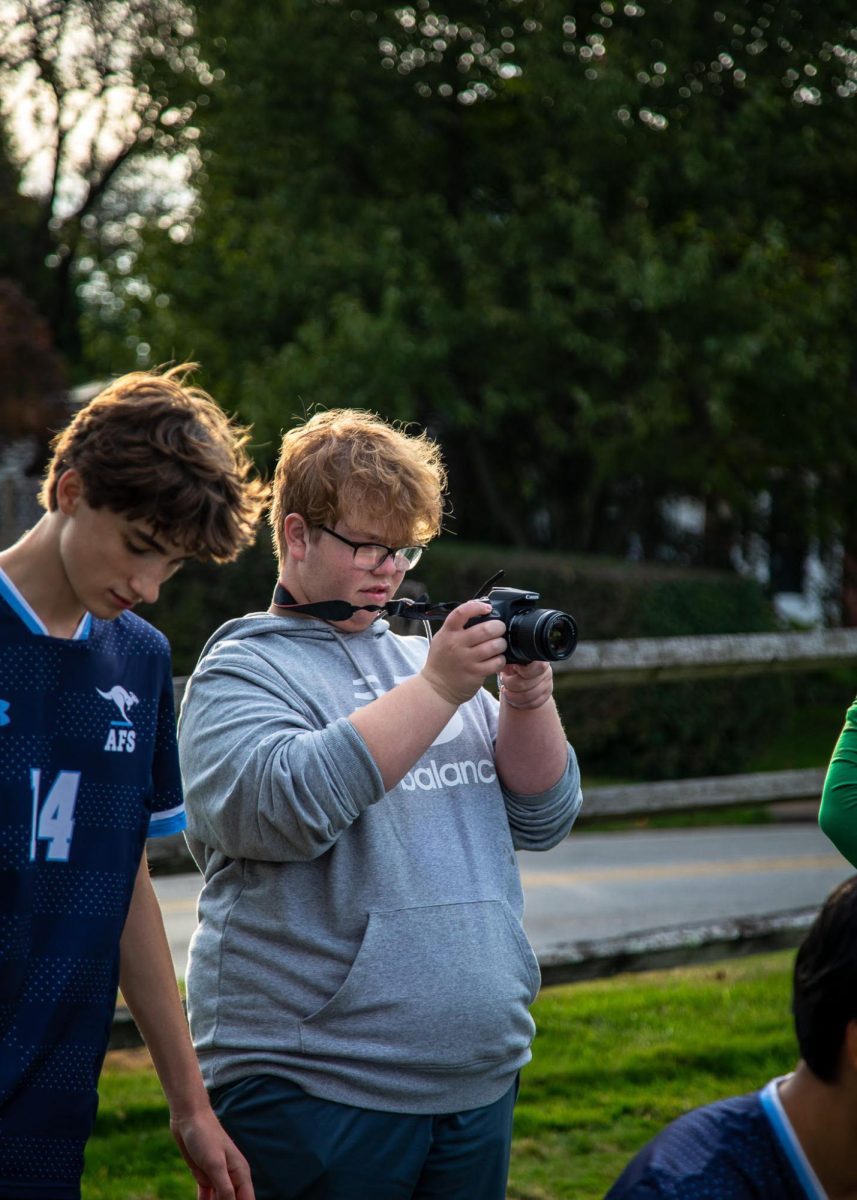

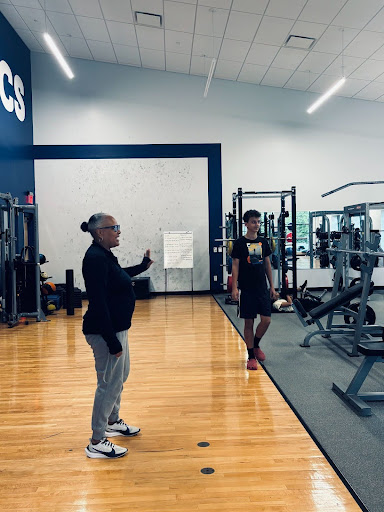
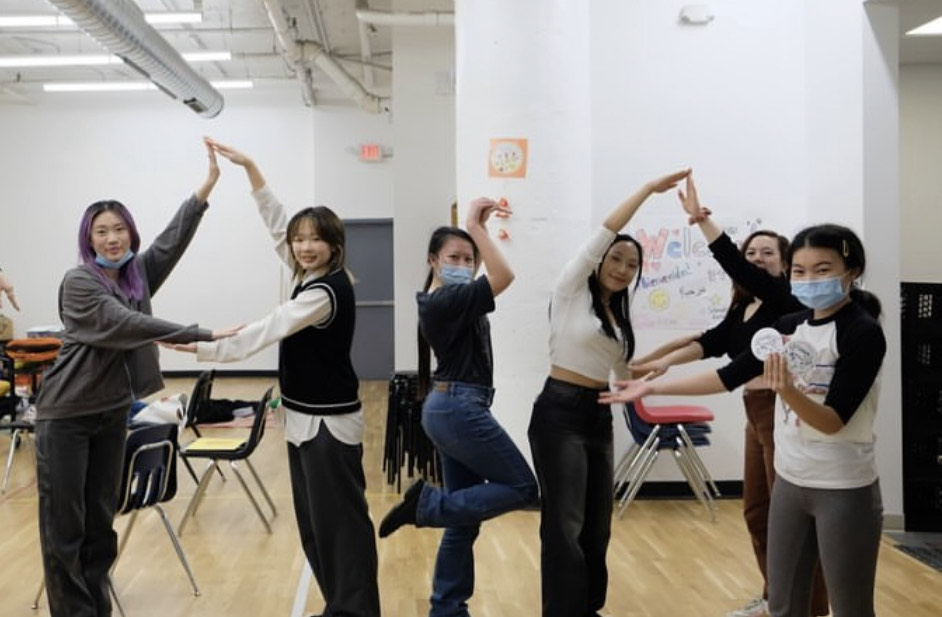





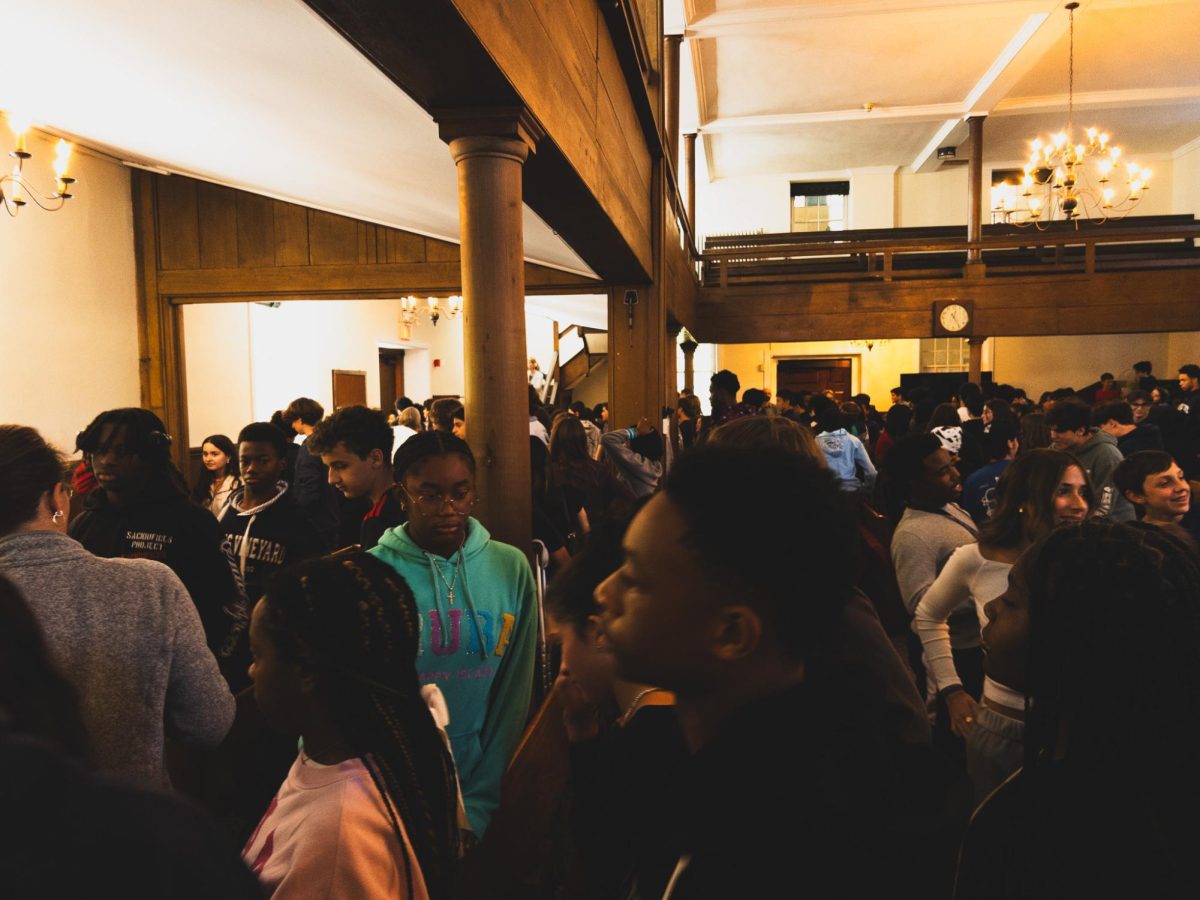
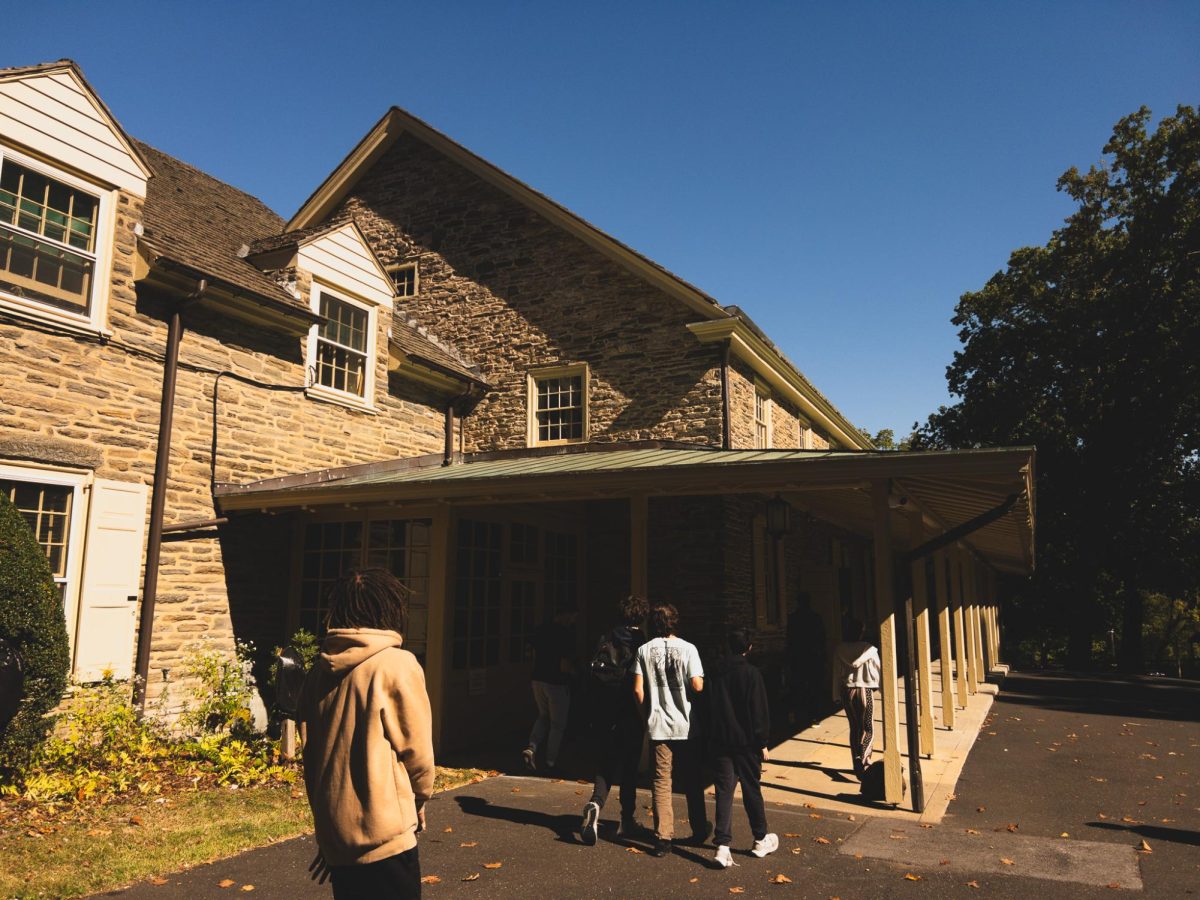
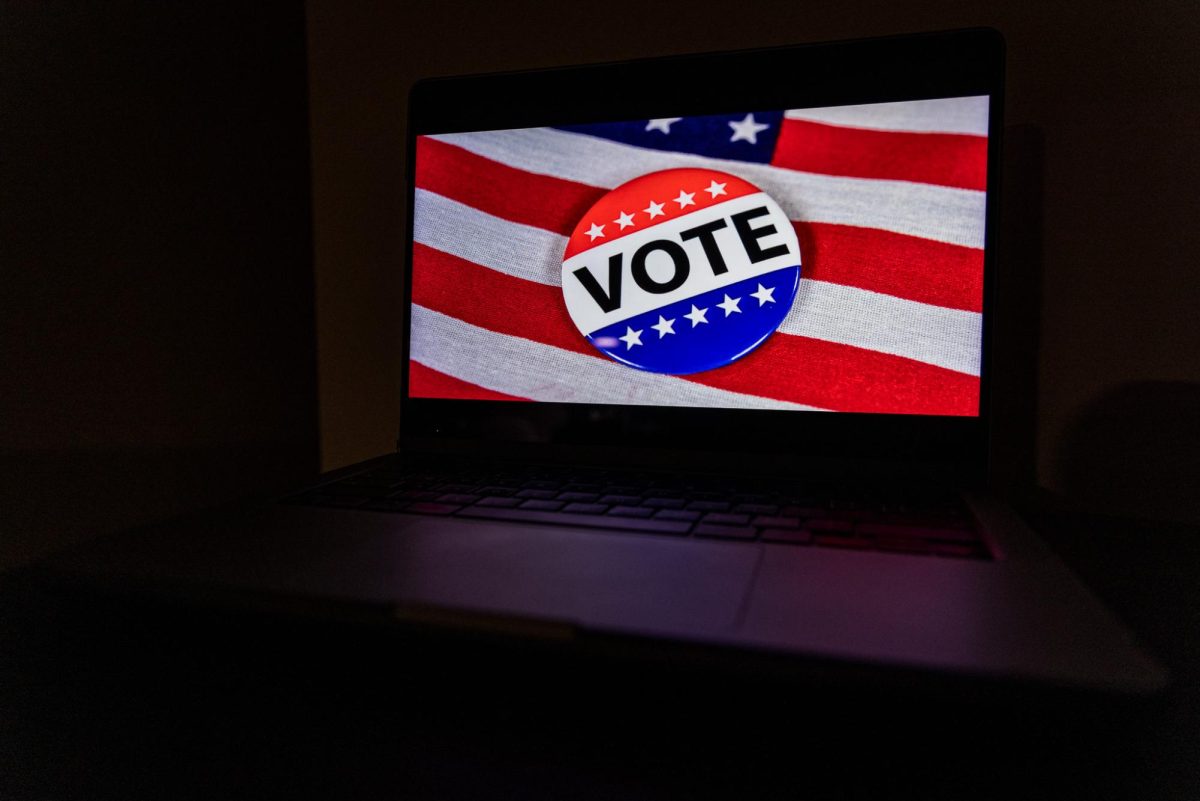
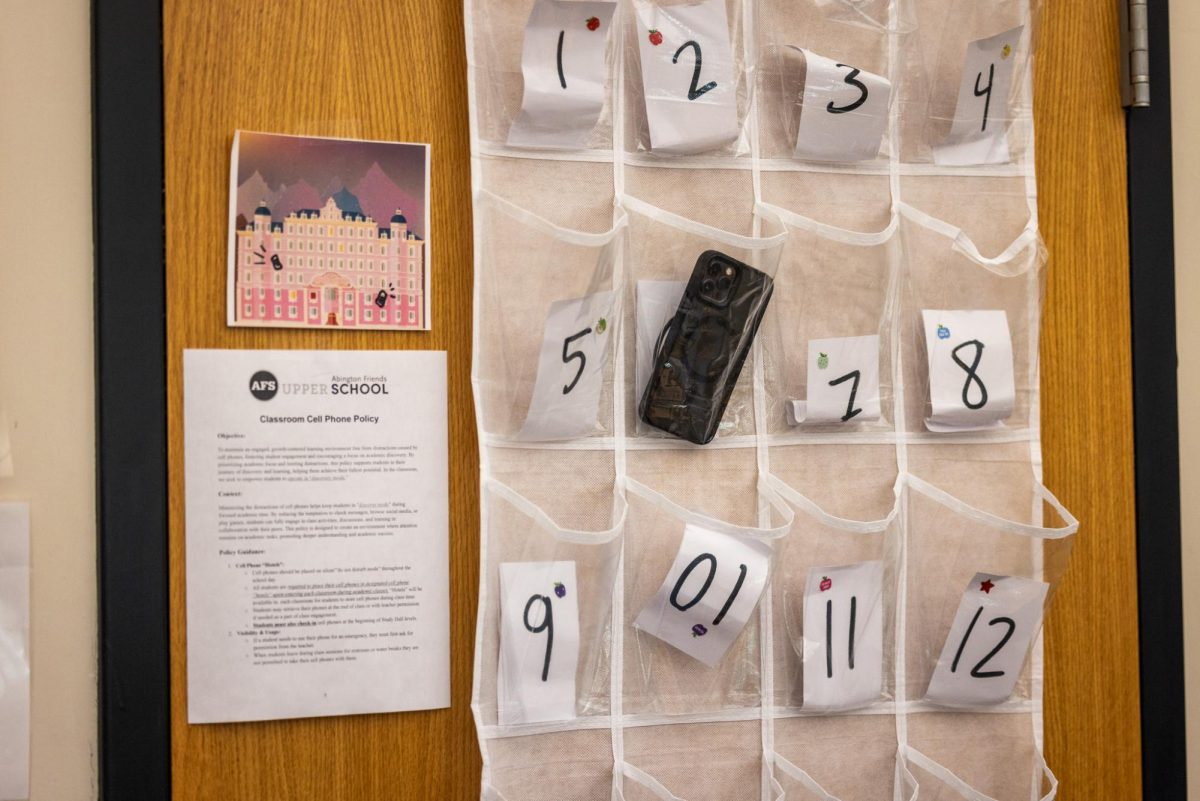
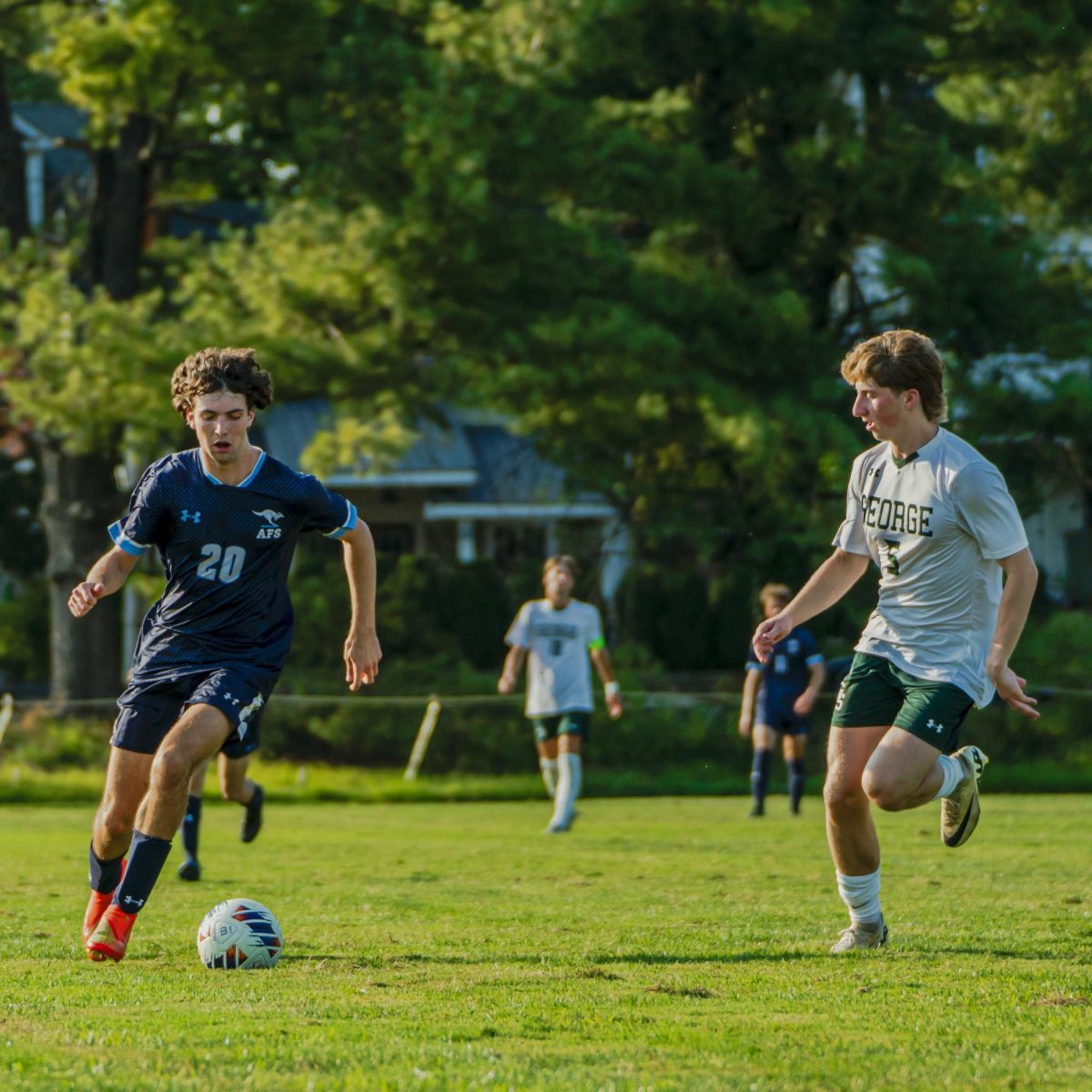


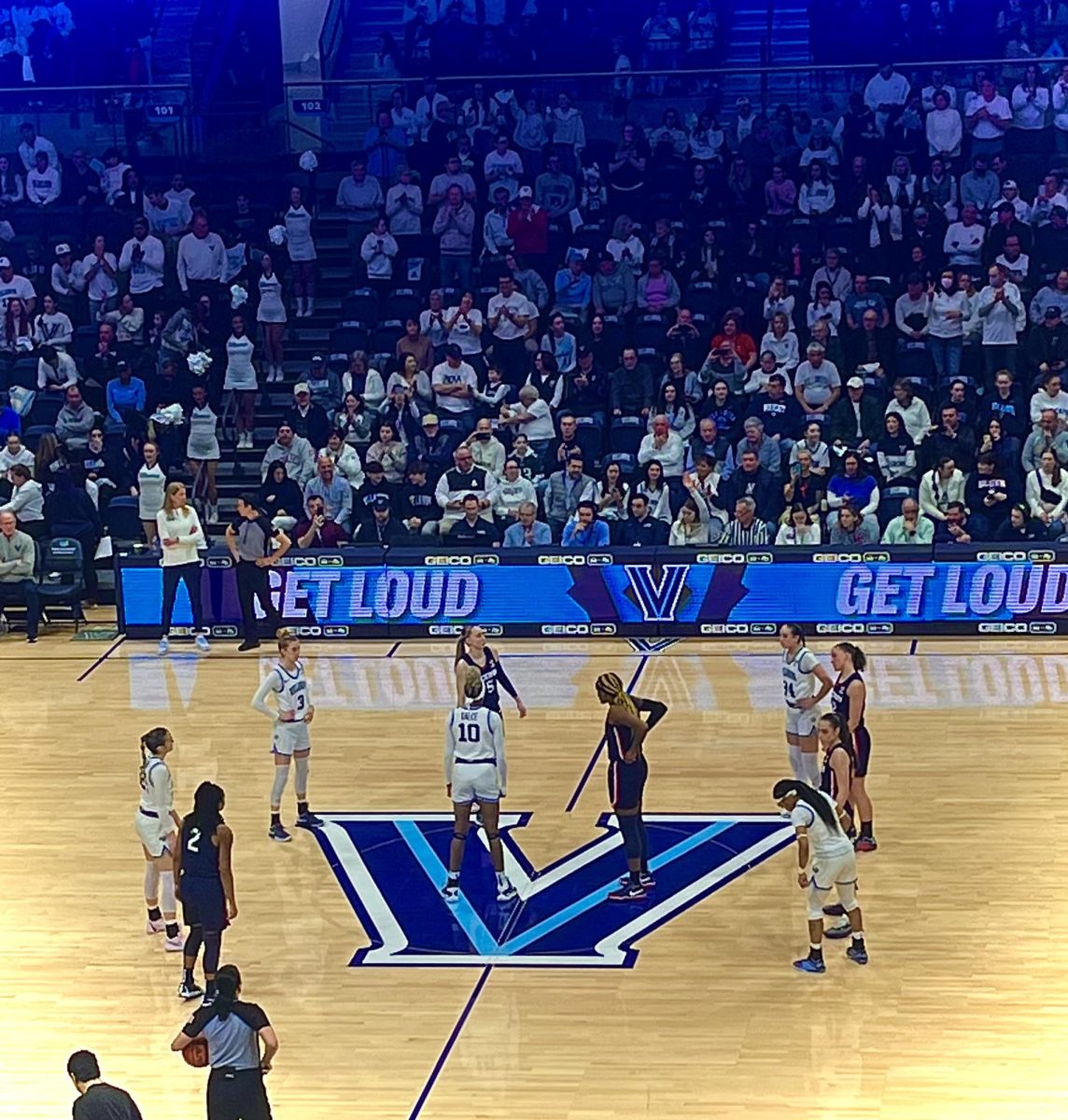
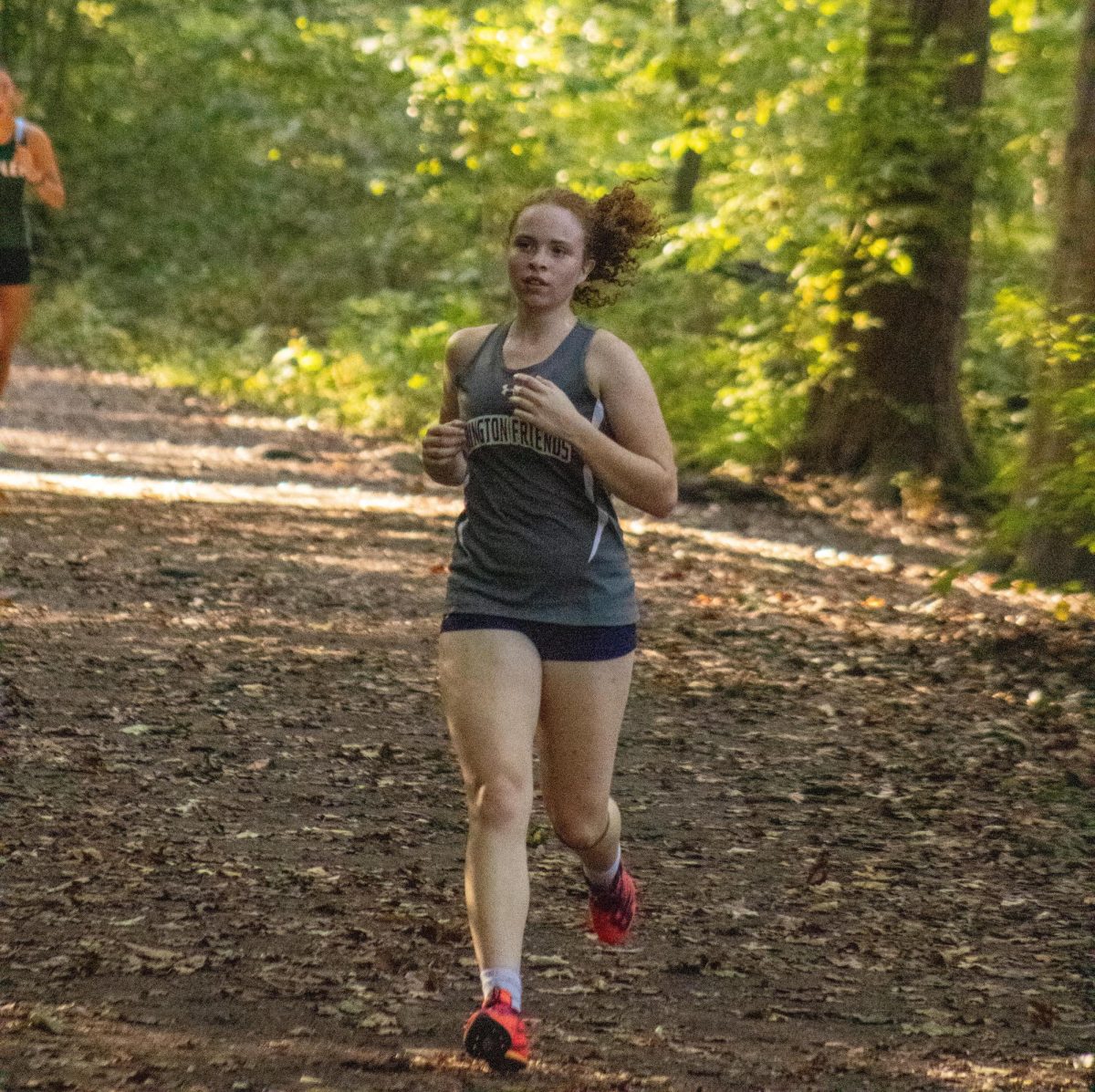

Mason Poirot 26 • Mar 23, 2024 at 3:15 pm
I feel like I am not a part of the community described in this article. This article defines the Quaker friends community as a truthful school of friends. I feel like sometimes in this community people are not truthful in there words and actions, but also not truthful in there personality. Sometimes there is this false sense of happiness, and friendship pressed upon us, but also a sense of changing your true personality to fit in. I feel like although we call each other friends. it is inevitable that we will not be friends with everyone. Although I do believe that it is best to try to be friendly and truthful to all the people around you, nonmatter how hard that may be.
Jarius Ford • Mar 4, 2024 at 12:17 am
I have found the term “friends” to be interesting over the past year and a half at AFS. I come from a public school in Philadelphia where there was a strong sense of community. People developed close bonds from a young age, and others formed new ones recently that have become surprisingly deep. However, these bonds were formed on their own. At AFS, there is a mission to create a society where everyone knows each other and gets along, which is a commendable goal. However, there needs to be space and time for friendships to develop naturally. Sometimes, in the pursuit of making everyone get along, we forget to allow relationships to form organically. AFS isn’t overstepping any unspoken boundaries, because it’s not smothering us as the student body, but speaking from my lens it has been a bit dominating at times. This is what makes AFS, AFS the community that’s been made, but I just want to say, don’t get caught up in creating a perfect community that it becomes off-putting.
Alejandro • Mar 1, 2024 at 1:35 pm
I feel like being a part of this community for so long, it has almost become numb to call everyone or address everyone as friends. I feel there is a sense of community when addressed as “friends” in our daily lives here at AFS. Community is built through listening and understanding, and that is what seeking truth is. Everyone has different lives and different ways they go about it, so seeking understanding from each other through the nature of “friends” is one that AFS builds community through. But, it’s not through friends we discover each other’s truth, it’s through friendship. That is how my time here at AFS has been impacted. Friendships here at AFS and relationships have helped build a sense of community and safety here at AFS, and can help people make them feel they are a part of the community being built.
Avila widestrom • Mar 1, 2024 at 11:42 am
I do not feel like a part of the community defined in the article. We call each other friends because we are at a Quaker school, but I also believe that we call each other friends to treat each other as equals. I agree with all of the points in the article, but there is more complexity in why we call each other friends. The writer talks about how Quakers seek a high truth and how calling people friends is a way of doing that. And how the word friends is an abbreviation for The Society of Friends and a way to refer to one’s peers. But I also think that it has grown from that definition and i mean anyone and everyone that are there in the moment
Dillan Shafer • Mar 1, 2024 at 11:34 am
I feel as though I am a part of a community like the one described in this article at school. As someone who attended public school until this year, the almost constant use of the word “friend” was new to me. We use the word because it comes from the Quaker meeting, and our school is a Quaker school after all. I believe that it fosters a sense of kindness and equality between our students and teachers, which is deeply important. This has impacted my experience at AFS in a very positive way. I’ve been able to form wonderful connections with the people around me.
(this was for an English assignment)
Eliot • Mar 1, 2024 at 11:30 am
This was an interesting article to read. As somebody who’s attended AFS for a while, I’ve sometimes thought about this question of why we call each other “friends.” I’ve never thought that it’s because we, as quackers, seek the truth.
Will • Mar 1, 2024 at 11:29 am
The community described in this article is a community that fosters the care and experiences of those inside of the community. In my opinion in the short time I have been here I feel that I am part of this community. I feel that this community not only fosters the care of others but the experiences going into them. In this community I have felt that my experiences have mattered. This community has impacted my experience of learning because it lifts up all which is something I have experienced before but the way Abington Friends lifts people up is different from what I am used to. I am used to people and their experiences being lifted up outside the classroom where at AFS I feel the the experiences are lifted up both in the classroom and outside the classroom.